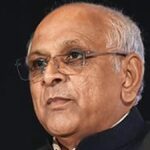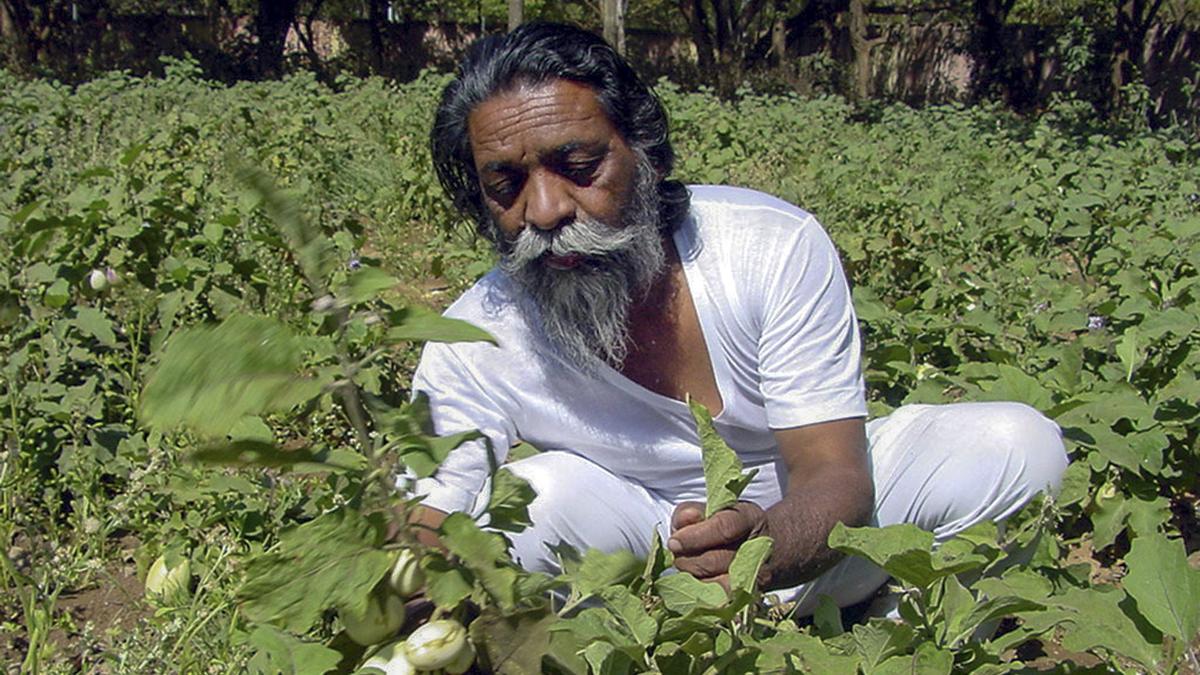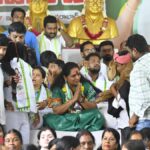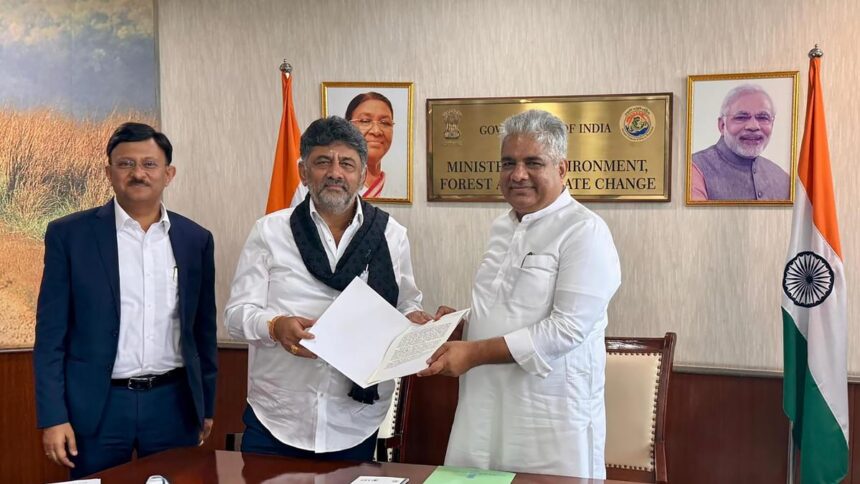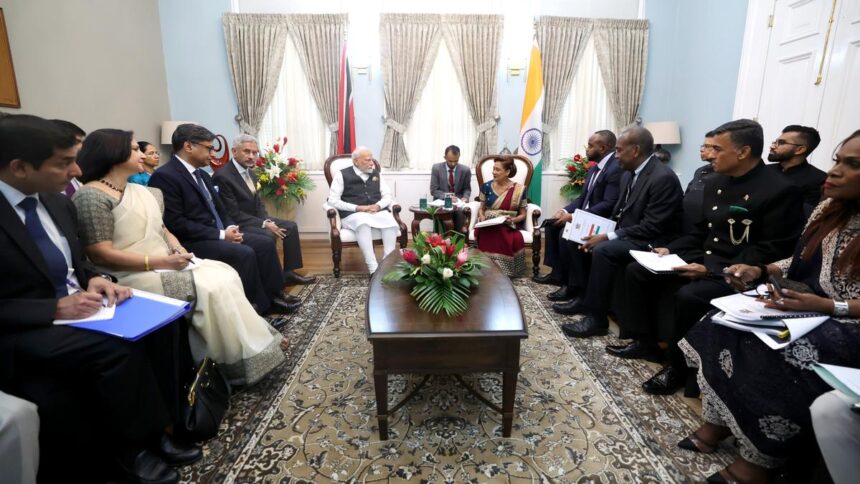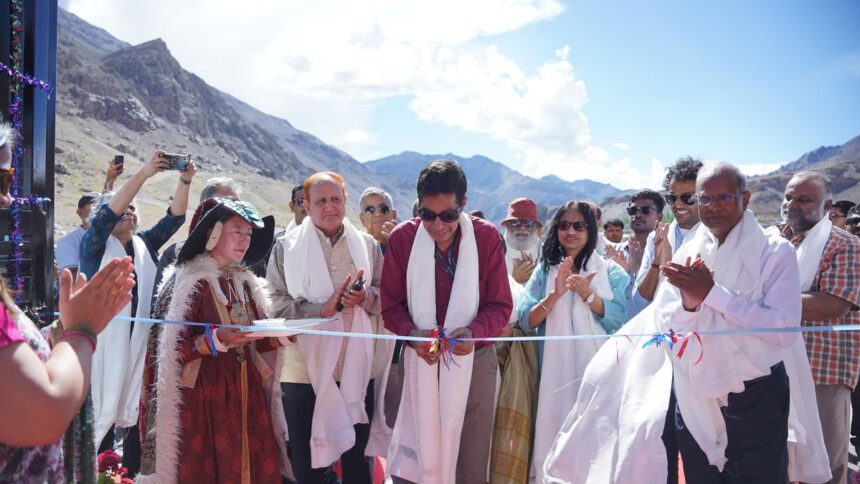Shibu Soren’s political journey started with being a social reformer to a politician. He made many sacrifices for a separate Jharkhand State and that’s the reason the people from all parties of Jharkhand respect him.
Born on January 11, 1944, in united Bihar in Nemra village, currently in Jharkhand’s Ramgarh district, Shibu Soren was the person who raised voice against the money lending system, which was at its peak to such an extent that people used to get only one-third of their produce and the moneylenders would take away the rest.
The tribal leader protested the money lending system and challenged the social structure at that time. He had his influence in the neighbouring Odisha and West Bengal as well. He is also given the credit of fighting for the separate State.
Hailing from the Santhal tribal group, Soren got the nickname Guru ji because he used to organise night school for the children who could not afford to go to school.
Shibu Soren death: PM Modi, political leaders condole his demise
Describing his fight against the money lenders, Dr. Tanuj Khatri, spokesperson and central committee member of the Jharkhand Mukti Morcha (JMM), told The Hindu that Soren had started a campaign to cut paddy on those lands which were occupied by the moneylenders in lieu of loans. He added that during this campaign, tribal women used to harvest paddy from the land and during the harvesting, tribal men used to remain on guard with bows and arrows.
Dr. Khatri further emphasised that ‘Dishom Guru’ was not just a political leader but a revolutionary spirit who united fragmented struggles. He brought together diverse communities, bonded by a shared pain and common cause, to fight exploitation, social injustice, and land alienation.
“He was a pioneer of grassroots mobilization, who inspired an entire generation to rise against feudal structures, oppressive landlords, and exploitative systems. From the forests to the legislative assemblies, he gave voice to the voiceless.
Shibu Soren played a crucial role in the creation of the separate State of Jharkhand, turning a long-standing dream into reality.
Also Read | Rajya Sabha adjourns for the day as a mark of respect to Shibu Soren’s death
“His vision for a just, equitable society rooted in cultural identity and self-respect continues to guide the Jharkhandi movement. He was a symbol of resistance, resilience, and rooted leadership whose legacy will continue to inspire struggles for justice across the nation,” Mr. Khatri said.
According to the book ‘Jharkhand Andolan Ka Dastavej: Soshan, Sangharsh Aur Sahadat’ written by Anuj Kumar Sinha, the then executive editor of Prabhat Khabar newspaper, A.K. Rai, Vinod Bihari Mahato and Shibu Soren were running movements under different banners.
On February 4, 1972, the three sat together and decided to merge different banners to form a new organisation called Jharkhand Mukti Morcha. With the formation of JMM, Vinod Bihari Mahato became its first president and Shibu Soren was made the general secretary.
Later, after the death of Nirmal Mahato, who was serving as party’s president in 1987, the command of JMM came into the hands of Shibu Soren.
Also Read | Shibu Soren’s death: Jharkhand Assembly Monsoon Session adjourned sine die
He became the Chief Minister of Jharkhand three times. However, he could never complete his term neither as a Union Minister nor as a Chief Minister. Every time he had to resign in the middle of his term.
He was also associated with many controversies and serious allegations; despite that, he remained the tallest and biggest tribal leader in Jharkhand.
Mr. Soren dreamt of a separate state of Jharkhand so that the region and its people could develop through a mass movement, when Jharkhand was formed as a separate State on November 15, 2000.
Shibu Soren served at the party’s top post till April 2025 and due to deteriorating health, his son Hemant Soren was elected as JMM national president.
He first contested the Lok Sabha election in 1977 but lost, however in 1980, he contested and won the Lok Sabha elections from Dumka seat. He again won Lok Sabha for seven more terms — 1989, 1991, 1996, 2002, 2004, 2009 and 2014.
Shibu Soren took charge of the State as the third Chief Minister of Jharkhand. On March 2, 2005, he took charge as the Chief Minister of Jharkhand for the first time, but he had to resign after 10 days. He became the Chief Minister for the second time in 2008, this time his tenure lasted for 4 months and 22 days, while his third tenure as Chief Minister lasted from 30 December 2009 to 31 May 2010.
In 2009, Shibu Soren who gave a tough fight to many candidates had once lost the Assembly by-polls while being the CM. He had to contest the by-election on the Tamar seat which was dominated by Munda tribals.
He was pitted against Raja Peter of Jharkhand Party who defeated him by a margin of 8,972 votes.
Shibu Soren was also a member of the Rajya Sabha for a short time in 2002 and also worked as the Union Coal Minister in Manmohan Singh’s government in 2004. He had a strong influence in national politics and the matter of Jharkhand did not reach Delhi without him.
Published – August 04, 2025 02:24 pm IST




